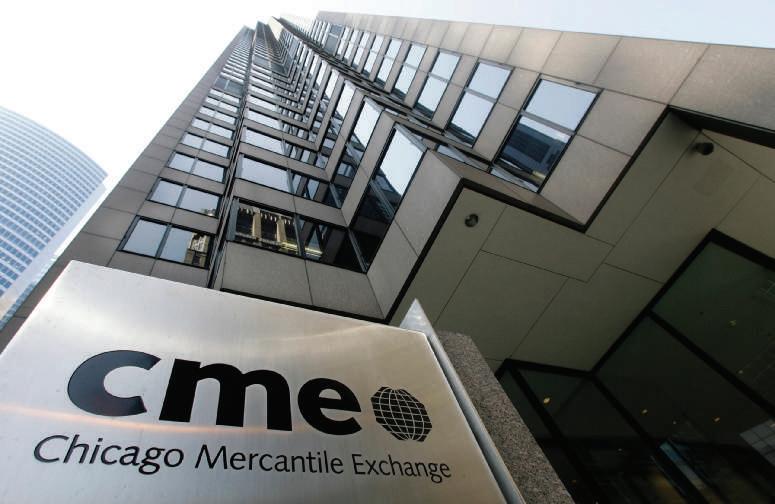
3 minute read
2-3a Tariffs, Preferential Duties, and Most Favored Nation Status
R eality Che C k lO-2
Have you witnessed any changes in international business activity in your hometown over the past five years? Which of the above discussed theories can you attribute to that business development?
Advertisement
2-3 The Practice of Trade Policy
Trade theory clearly shows how free trade has had a positive effect on the economic wellbeing of all trading partners. This can be achieved through improvements in the living standards of people in those countries due to a greater amount of choice in goods and services and lower prices to the consumer. Equally important, free trade also creates jobs in the exports and imports sectors of economies. Despite these benefits, individuals, firms, and lobby groups continue to pressure government policymakers to impose barriers to imports or subsidize exports of goods and services. Special interest groups primarily attempt to save good-paying jobs and prevent increased competition in their industries at home—at least for the short term—thereby preventing companies from reorganizing their businesses quickly. Trade policy refers to all government actions that seek to alter the free flow of merchandise or services from or to a country.14 A look at daily business newspapers will show that governments do not adhere to free trade principles. A country’s trade policy will, therefore, have a direct impact on the value and volume of their exports and imports. Historically, the main instrument of trade policy has been import tariffs; however, more recently, nontariff barriers and export subsidies have become equally important in international business. Some of the main instruments of trade policy that countries use to interfere with free trade are described next.
2-3a Tariffs, Preferential Duties, and Most Favored Nation Status
Tariffs are taxes on imports; they are also known as custom duties in some countries. Like domestic taxes, import tariffs generate revenues for governments. In many developing countries, import tariffs are a major source of government revenue. Tariffs come in two forms: specific and ad valorem.
A specific tariff describes an import tax that assigns a fixed dollar amount per physical unit. Until January 1, 2012,15 the price for ethanol consumers in the United States was higher than world free-market price by $0.54 per gallon because of the $0.54 per gallon tariff imposed by the U.S. government on ethanol imports. This also implied that domestic (U.S.) producers of ethanol could domestically sell ethanol at a price not exceeding the world price by $0.54.
An ad valorem tariff describes a tax on imports levied as a constant percentage of the monetary value of one unit of the imported good. For example, the ad valorem tariff on passenger cars imported into the United States has been around 2.5 percent.16 Thus, the tariff bill will depend upon the cost of the car being imported into the United States. If the car dealer imports a $50,000 BMW from Germany, the tariff that the dealer must pay the U.S. government that will be passed on to the customer is $1,250.
Preferential duties refer to low tariff rates applied to specific imports coming from certain countries, especially from the developing world. Under this system, the same good imported from a country outside the preferred group will be subject to a higher tariff. Preferential duties are, therefore, geographically discriminatory as certain countries receive
LO-3
Evaluate trade policy, the main instruments of trade policy, and their impact on business, consumers, and governments.
trade policy
all government actions that seek to alter the size of merchandise and/or service flows from and to a country
tariffs
taxes on imports; also known as custom duties in some countries
custom duties
taxes on imports that are collected by a designated government agency responsible for regulating imports
specific tariff
an import tax that assigns a fixed dollar amount per physical unit
ad valorem tariff
a tax on imports levied as a constant percentage of the monetary value of one unit of the imported good
preferential duties
an especially advantageous or low import tariff established by a nation for all or some goods of certain countries and not applied to the same goods of other countries






